Britain and Portugal are poised to formally recognise the State of Palestine, marking a significant shift in foreign policy just ahead of a pivotal week at the United Nations General Assembly (UNGA). The move aligns with a broader international effort aimed at pressuring Israel to end its ongoing military offensive in Gaza, which has intensified since Hamas’s unprecedented attack on Israel in 2023. According to UK media outlets including the BBC, British Prime Minister Keir Starmer is expected to announce the recognition on Sunday, despite strong objections from Israel.
The anticipated announcement reflects mounting frustration among Israel’s traditional allies over the scale and persistence of Israel’s operations in Gaza, which have resulted in widespread civilian casualties and humanitarian devastation. Portugal is expected to follow suit, reinforcing a growing European consensus in favour of Palestinian statehood as a form of diplomatic leverage to push for a ceasefire and eventual two-state solution.
British Prime Minister Starmer had already signalled this possible policy shift earlier in July, stating that the UK would move to recognise Palestine if Israel failed to take “substantive steps” toward a ceasefire with Hamas by the time of the UNGA’s annual session. That deadline appears to have passed without notable de-escalation, prompting the UK’s decision to act. The move will also increase pressure on other Western nations, particularly within the European Union, to re-evaluate their stance on Palestinian statehood.
Around ten countries are reportedly preparing to join Britain and Portugal in recognising Palestine during this diplomatic window, making this a potentially watershed moment in the long-running Israeli-Palestinian conflict. The coordinated move, while symbolic in immediate terms, could have long-term implications for Israel’s international standing, particularly as its Gaza campaign remains under intense scrutiny from human rights organisations and multilateral institutions.
The expected recognitions come as the UN General Assembly prepares to convene in New York, where Palestinian statehood is likely to be a key topic of discussion. Palestinian leaders have long sought formal recognition as a means of advancing their diplomatic and legal claims on the international stage, while Israel and its allies have often argued that such recognition should only come as part of a negotiated peace agreement.
Nevertheless, the current momentum reflects a broader geopolitical shift, with former stalwarts of Israeli policy now leaning towards a more balanced approach, citing the urgent need for de-escalation and a return to diplomacy. Whether this coordinated recognition effort leads to meaningful change on the ground remains to be seen, but it clearly signals a widening rift between Israel and some of its closest partners in the West.

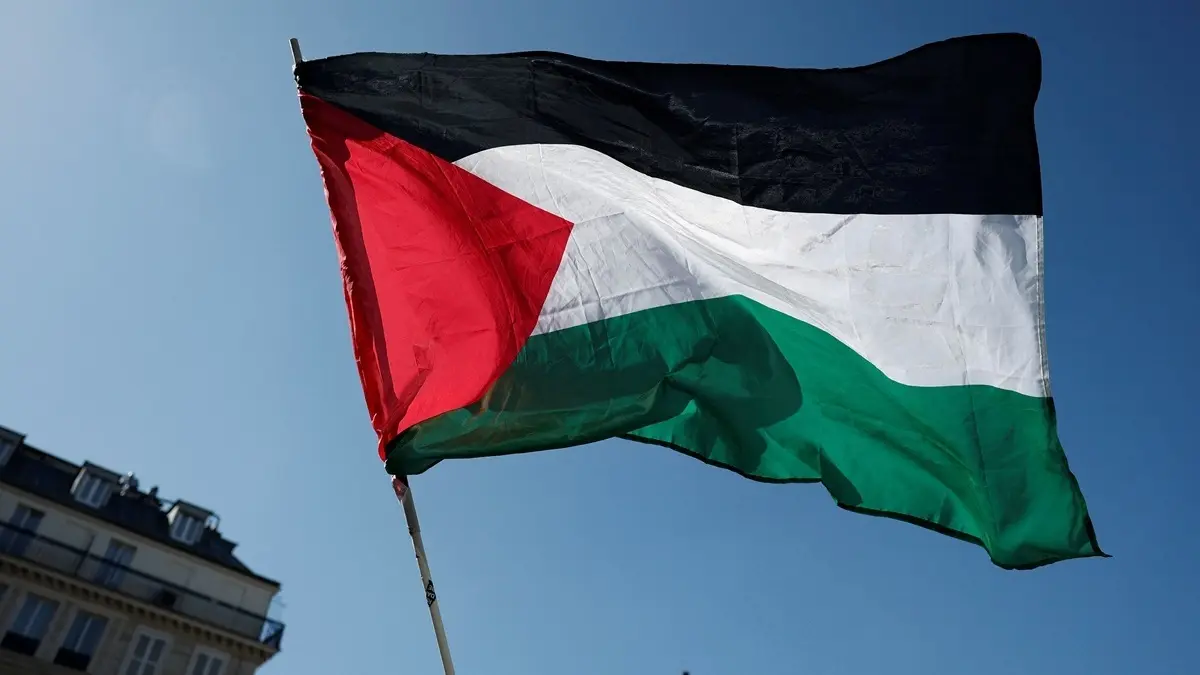





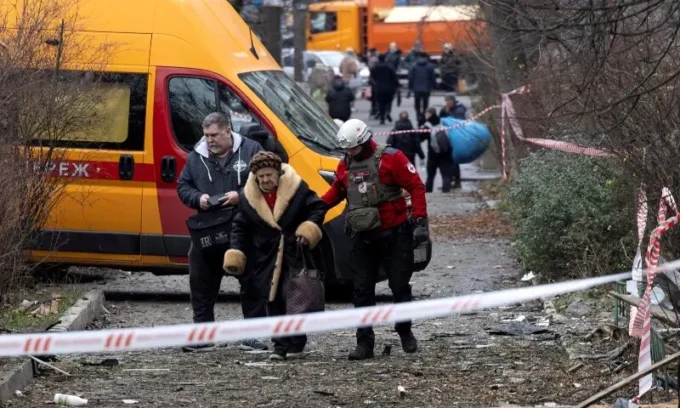
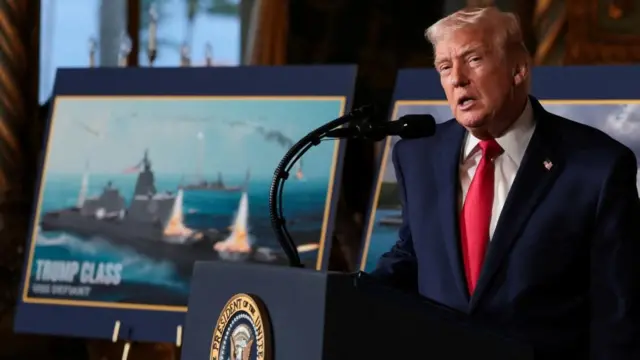
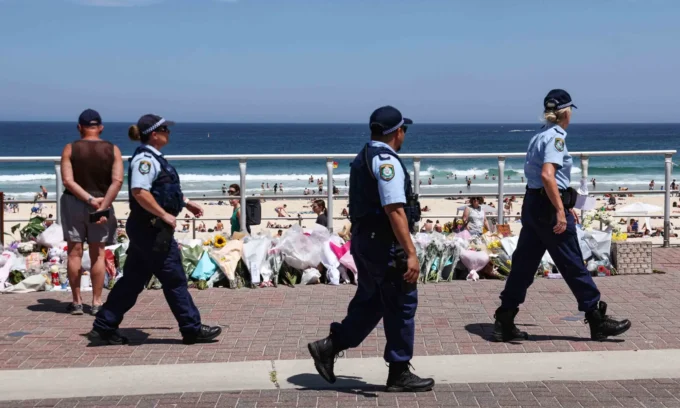
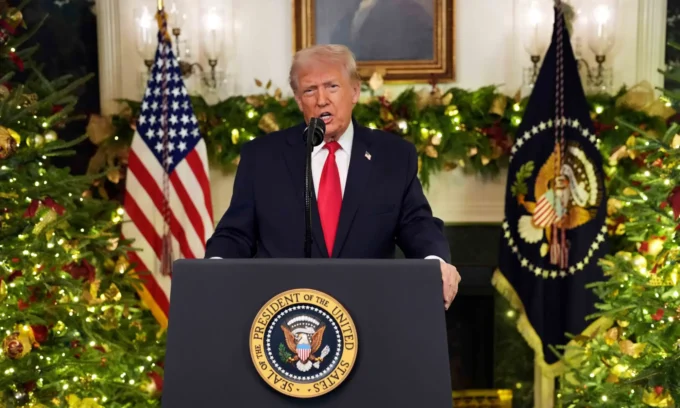




Leave a comment